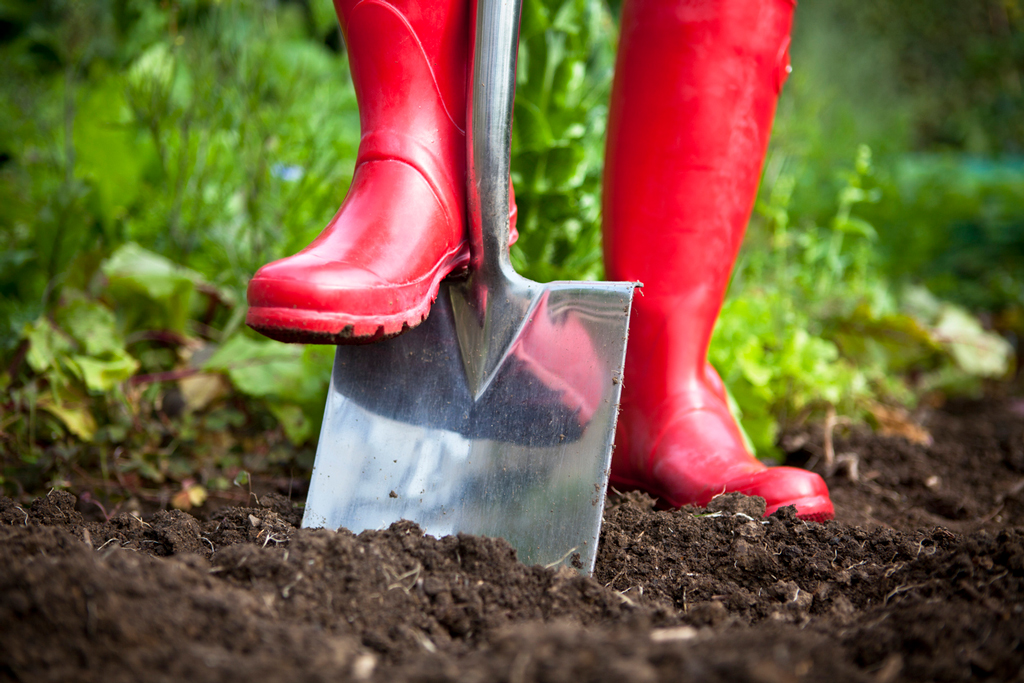
NULL
Even though the weather is about to get colder, there's still plenty to do in the garden in January.
1. Now is the time to plant vegetable plants: artichoke crowns, asparagus crowns, broccoli, cabbage, lettuce, and spinach. We can still plant strawberries and herbs such as chervil, chives, cilantro, oregano, parsley, rosemary, sage, and thyme. Start selecting onion sets and get them into the ground. There are many varieties these days, so take your time in your final selection.
2. In the flower department, plant sweet alyssum, ornamental cabbage and kale, Johnny jump-ups, pansies (faceless are my favorites), snapdragons, violas, and stock.
3. If you are blessed enough to have a greenhouse or cold flats, start tomato seeds indoors.
4. It's a good time to check out (and repair, if necessary) your irrigation system. Also, it’s an excellent time to design your system for the spring.
5. On those cold and rainy days, it is best to work inside — a wonderful opportunity to clean and oil gardening tools.
6. Mulch, mulch, and more mulch is our mantra for the winter.
7. Fertilize your established pansies with dried blood meal or cottonseed meal at the rate of 3-4 pounds per 100 square feet of flowerbed. 8. With the heavy dew and light rains, keep an eye on your bird feeders. You want to make sure you don’t allow the bird seed to mold. Moldy seeds can make birds sick. Be kind to your backyard buddies.
SOIL VS. DIRT
Although we often interchange the words dirt and soil, they aren’t the same thing. We found a great explanation from Soil Science Society of America: “Soil is alive with living organisms such as worms, fungi, insects, bacteria, and organic matter. It supports life with its naturally occurring nutrients and minerals, making it a perfect planting medium. It is a complete and self-sustaining ecosystem.” While on the other hand, dirt is “displaced soil.” Once soil is displaced, it breaks up the ecosystem and becomes the annoying dirt we have to wash off of our gloves and out of our clothes.
So, let’s talk SOIL.
You have often heard us mention mulch, mulch, mulch. OK, so many more times than often. One of the reasons it is important to mulch is to protect the soil ecosystem that provides a healthy habitat for our plants. The mulch protects the organisms as well as the roots from the harsh environment, whether August heat or third-week-of-January cold.
For instance, after a heavy dew or rain, earthworms (nature's soil rototiller) will rise to the top of the soil. The mulch works as their umbrella so they aren’t baked from the sun the next afternoon. The mulch also works as a barrier to control temperatures (as best it can in Central Texas). Think of the insulated bags we use to bring groceries home from the store. The bags help maintain the needed temperature for your food.
Mulch will also break down into organic matter; thus the need to continuously add more.
GENTLE REMINDER
Since mulch does such a great job of creating a sustainable habitat for bugs, always leave a 6-inch ring of un-mulched area around your trees. Some bugs we don’t want so cozy with our trees.
Our plants need nutrients in their most basic form. For instance, nitrogen is essential for chlorophyll and cell formation of plants. Oxygen is needed for respiration and energy production. Microbes eat and digest organic matter in our gardens, flowerbeds, fields, and pastures. The eating and digesting result in nutrients in their basic form. Microbes, microorganisms such as fungi and bacteria, are citizens of our soil ecosystem.
During certain times of the seasons, we will advise you to add organic matter to your gardens. This action feeds the microbes, which, in turn, feeds our plants. It’s a wonderful circle.
Til next time. Keep your souls and soles in your garden! Remember the True Master Gardener: Jesus said, “I am the vine; my Father is the Gardener.” John 15:1
"In the Garden" is written by father-daughter duo Bill and Martelle Luedecke and Bill Luedecke. Contact Martelle at 512-769-3179 or luedeckephotography@gmail.com. Contact Bill at 512-577-1463 or bill@texasland.net.






